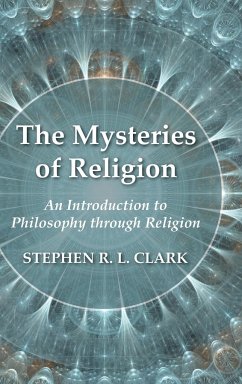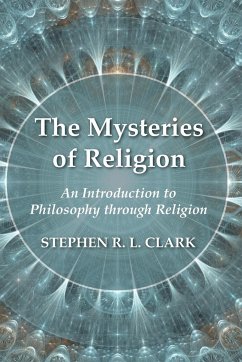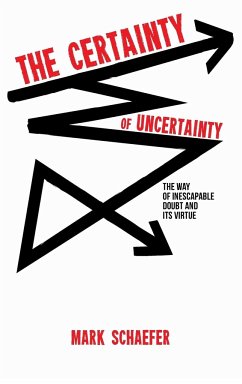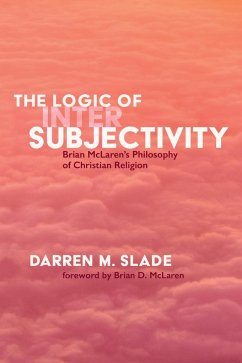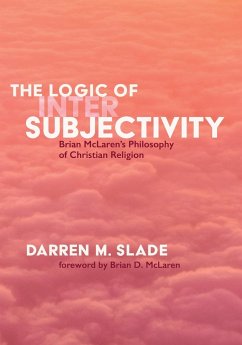Philosophy of religion too often confines itself to a few well-worn philosophical puzzles, such as the proof of God's existence, and overworked examples which are usually drawn from Western Christianity. This book considers religion practice and expression in a number of cultural contexts, both familiar and exotic, from sacred texts to rites of passage, from the British Israel movement to spiritism and Aztec devil-worship. The author argues that, although there are many points on which religious persons disagree and no definite way of settling these disagreements, Neoplatonic theory about the world and our place in it does at least provide the context for debate. Is religion an irrational human attempt to disguise an essentially meaningless universe? Or is irrelgion itself unreasonable and a spiritual universe the best explanation? Using a wide range of examples, The Mysteries of Religion provides an invaluable philosophical background for a discussion of such fundamental questions.
Hinweis: Dieser Artikel kann nur an eine deutsche Lieferadresse ausgeliefert werden.
Hinweis: Dieser Artikel kann nur an eine deutsche Lieferadresse ausgeliefert werden.

